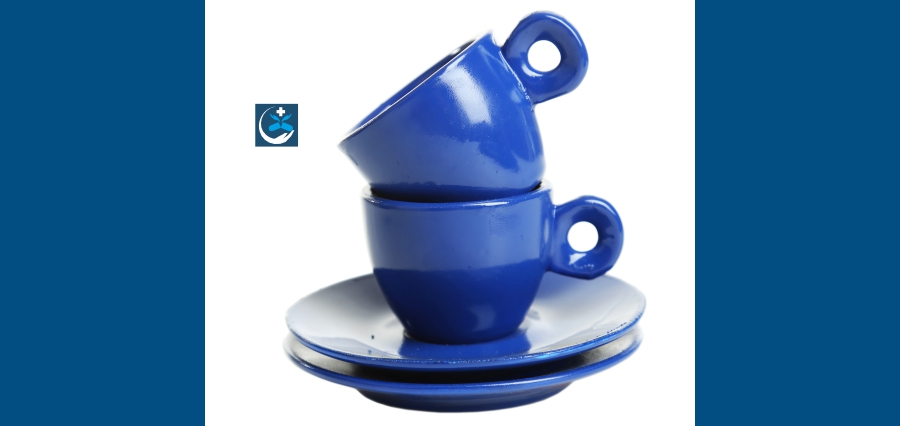Researchers at Duke-NUS Medical School (Duke-NUS) have found a novel vaccine candidate that, when applied topically as a nasal spray, offers superior and more durable protection against COVID-19 over the traditional injectable form that is applied subcutaneously to the skin.
Our first line of defense against severe symptoms from a COVID-19 infection has been vaccination since the U.S. Food and Drug Administration approved the first COVID-19 vaccine in 2021. There is growing evidence that delivering the vaccine more specifically through our airways can defend against COVID-19 more effectively and for a longer period of time, possibly reducing the risk of recurrent infections.
Previous studies have demonstrated that nasal vaccinations elicit an immune response on the inner surfaces of the upper respiratory system, which is where the COVID-19-causing SARS-CoV-2 virus typically starts to infect people.
In December 2023, Duke-NUS researchers conducted a preclinical study that was published in eBioMedicine. The study examined the immunological responses obtained from giving the vaccine through the nose vs the skin. Additionally, the researchers looked at how adjuvants—substances intended to boost an individual’s immune response—affect the body’s immunity in conjunction with vaccination.
Immune cells known as T central memory cells provide protection against a variety of foreign substances, including bacteria, viruses, and cancer cells. These immune cells are crucial for the development of the body’s adaptive immunity, which gives the body long-term immunity by enabling the immune system to recall viruses that have infected the body and create defenses against them.
In order to ascertain if a nasal vaccine may offer extended defense against COVID-19 infection, the Duke-NUS team examined the T cell reactions in cases when the vaccine was applied via the skin vs the nose.
As stated by the study’s lead author, Associate Professor Ashley St John of Duke-NUS’s Emerging Infectious Diseases Programme, “delivering the vaccine through the nose improved the response of certain T cells, particularly T central memory cells, which reduced disease severity, compared to injecting the vaccine through the skin.”
“In addition, it produced more T central memory cells than a skin vaccination, which may result in protection that lasts longer,” Associate Professor St. John continued.
In addition to producing longer-lasting immunity, the research team found that the COVID-19 vaccine, when administered via the nose, could produce antibody responses that are better able to defend the body against various SARS-CoV-2 virus types. This finding offers important scientific data in favor of the theory that nasal COVID-19 vaccinations can enhance immunity and prolong protection.
Even while the pandemic’s acute phase may have passed, the emergence of new strains, such as JN.1, which has led to a local surge in hospital admissions, shows that we still have space in our vaccine and treatment arsenal for even more potent weapons. According to Professor Patrick Tan, Senior Vice Dean for Research at Duke-NUS, “this study demonstrates that mucosal vaccination holds promise for improving COVID-19 vaccine efficacy with potentially fewer boosters needed.”







